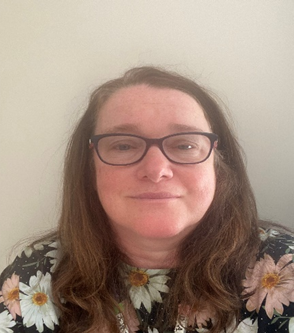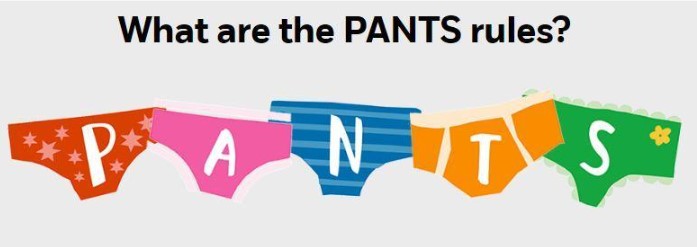Safeguarding
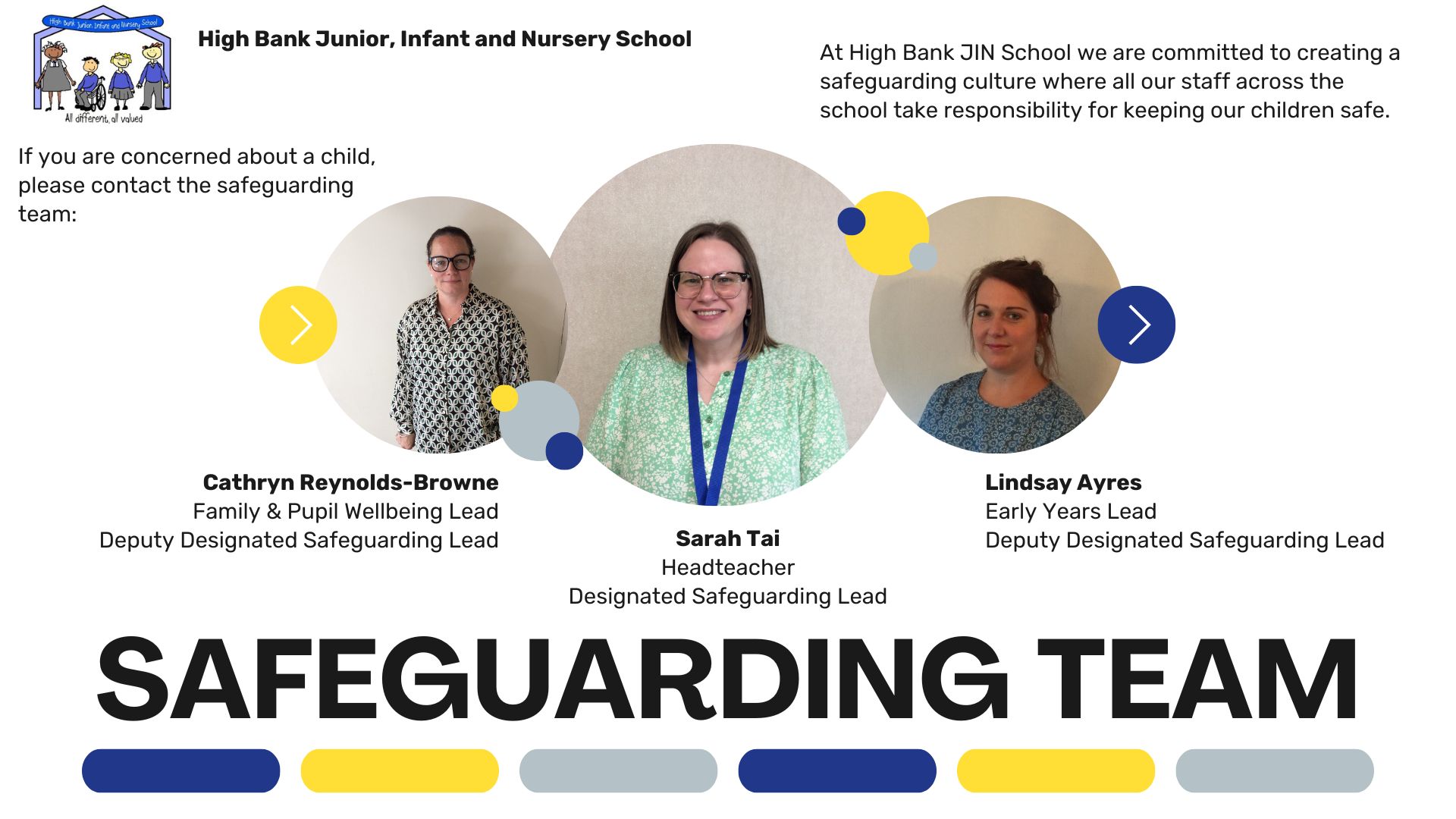
High Bank Junior, Infant & Nursery School Safeguarding Policies
At High Bank we work closely with parents/carers. If we have any concerns, we will speak to you first. However, in exceptional circumstances, we may need to contact other professionals first, which is in accordance with our children's policy.
If parents/carers or any member of the public have any safeguarding concerns, please contact the school to discuss this further or email head@highbankschool.co.uk
If you have concerns about a child's safety or welfare in school, which you feel you cannot address with the DSL (Headteacher), or the DDSL, you can contact the Chair of Governors or Governor Safeguarding Lead at: office@highbankschool.co.uk
Our Safeguarding Team is further supported by Sonya Durkin-Jones from High Bank JIN School Governing Body.
Safeguarding is everyone's responsibility.
We follow Kirklees Safeguarding Children Partnership procedures.
Please click the above image to visit their website.
Operation Encompass
High Bank JIN School is an Operation Encompass School.
This means we are involved with the police and other agencies to support any child in school who may experience or witness domestic abuse.

Kirklees Duty & Advice
If you have concerns for a child in Kirklees or need advice and support about a child with a disability, please use the contact numbers below Kirklees Duty & Advice Team will be able to assist.
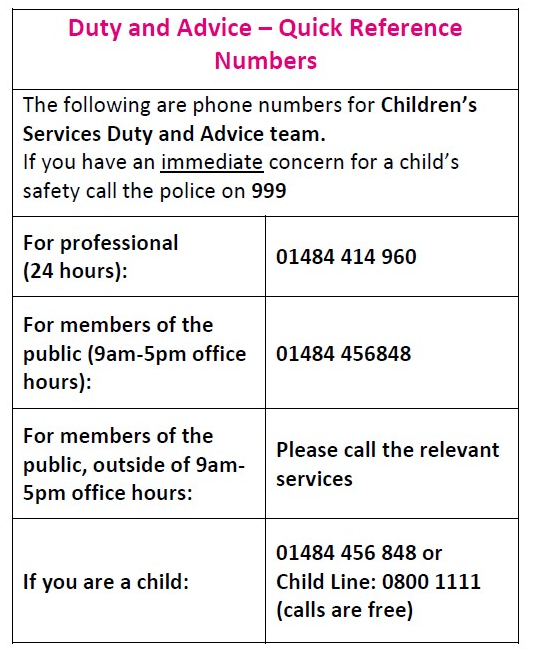
Online Safety
High Bank has successfully completed a comprehensive online safety training programme demonstrating its commitment to keeping children and young people safe online.
The School has received a National Online Safety Certified School Accreditation for its whole school community approach to protecting children in the online world.
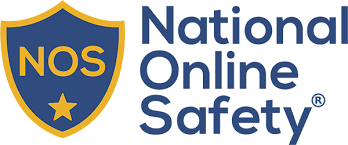
National Online Safety is a multi-award winning digital training provider with extensive resources in online safety, developed in line with the Department of Education’s statutory requirements. Its CPD accredited courses and educational resources support UK schools in educating the whole school community in online safety– including all senior leaders, teachers, all school staff and parents – on how to make the internet a safer place for children.
CEOP: Child Exploitation & Online Protection Agency
CEOP is an online service aimed to protect children from harm online and offline, directly through NCA-led operations and in partnership with local and international agencies. CEOP’s aim is to pursue those who sexually exploit and abuse children, prevent people becoming involved in child sexual exploitation, protect children from becoming victims of sexual exploitation and sexual abuse, and prepare interventions to reduce the impact of child sexual exploitation and abuse through safeguarding and child protection work.
CEOP helps children stay safe online. Has someone acted inappropriately towards you online, or to a child or young person you know? It may be sexual chat, being asked to do something that makes you feel uncomfortable or someone being insistent on meeting up. You can report it to CEOP directly using the report link below.
What can you report to CEOP?
CEOP is a place where you can report any inappropriate or potentially illegal activity with or towards a child online. This might be a conversation with someone online who you think may be an adult, and is treating a child in a way which makes you feel uncomfortable, or you think they may be trying to meet them for sex.
Some examples of the reports that might be made to CEOP:
- Someone online asked me to send a nude image
- I shared a nude image with someone online, and now they are threatening me.
- Someone online kept asking me to meet them face-to-face, and I didn’t want to
- Someone online was talking to me about sex and making me feel uncomfortable.
- Someone online put pressure on me to do things I didn’t want to do.
- Someone I met online was sending me pornography and making me feel uncomfortable.
What happens when you make a CEOP Report?
The government has set up CEOP to take these reports and make sure that young people are safe online. CEOP is staffed by specialist police officers and investigators. Your report will go straight to them. They understand how easy it is to be tricked online, and your report will be believed. A police officer/specialist investigator will then be in touch with you.
Not sure how to talk to your child about keeping safe?
Click on the picture below to download the PANTS guide from the NSPCC for some really easy-to-follow guidelines:

